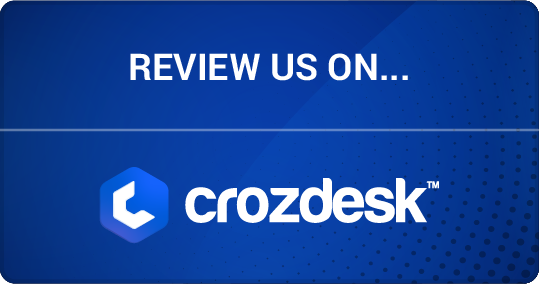To support smart workplace needs, facility management continues to evolve and adapt. On a software and technology level, it’s no longer just about streamlining and automating best-practice processes. Increasingly, facility operations are augmented with real-time data streams from sensors, building management systems, and user devices. These data points provide live information about, for example, ambient conditions and the utilization that occupants make of various spaces. Such applications generate large and complex data sets, that are typically a combination of structured, semi-structured, and unstructured data. To harvest the power of this ‘big data’, cloud-native data platforms provide clear advantages, in terms of scalability, reliability, security, and speed. For this reason, Spacewell rebuilt its Cobundu smart workplace & smart building platform on the Google Cloud, migrating its full user base in the spring/summer of 2021.
Smart building IoT platform
Cobundu by Spacewell is an IoT smart building platform designed for smart workplaces. It is capable of ingesting big data from various sources like IoT sensors and BMS and combining it with a system of records such as Axxerion or MCS Integrated Workplace Management System (IWMS) software. This combined solution enables new levels of insights made actionable in dynamic dashboards (powered by QLIK).
Spacewell chose the Google Cloud Platform (GCP) because of its unique set of modern and specific components that is best suited for the Cobundu IoT platform when compared against other major public cloud providers such as Microsoft Azure, Oracle, or Amazon Web Services.
Benefits of shifting data infrastructure to the public cloud
A cloud-native platform like Google Cloud offers a range of benefits in terms of:
- Faster platform solution development than can be achieved with private clouds
- Increased flexibility in data residency: we created two completely separated instances on Google Cloud, one in the USA, one in Europe (with the potential to quickly create new instances when needed, e.g., in APAC)
- Implementation of cloud-based best practices
- Enhanced performance and stability
- Instant scaling & elasticity
- Improved uptime
- Advanced security features
- GDPR compliance and data protection
- Encryption by default for data-in-transit and at-rest
- Hard multi-tenancy implementation: each tenant in Cobundu is set up in its own dedicated environment with all the data completely isolated from other tenants
Challenges and results of the migration
The migration from local hosting to the public cloud involved more than 100 clients, 100,000 live data streams, 5,000 users, and 10 billion data points. At first sight, the old and new environments may have looked similar but in reality, they were technically completely different. Hence, this operation – which Spacewell carried out in collaboration with DevoTeam – was not a “simple” lift & shift from one type of hosting to another. It was a challenging journey from an old infrastructure & architecture to a new cloud-native infrastructure.
The migration was carried out in 2021 in a timeframe of 3 months. Preparations had started in 2018 with actual development starting in 2019.
A broad majority (95%) of Cobundu customers migrated without any impact. This means:
- Users were always able to log in, without any downtime
- Dashboards & touchpoints were always available, without any downtime
- No historical data got lost and sensor streaming (live data) was never disrupted
The remaining 5% of customers who were in some measure impacted by the migration were those running very specific integrations or who were still in implementation mode. From those customers, we received positive feedback about how the migration was handled.
Myths about Google Cloud debunked
Google, like Facebook or Amazon, processes a huge amount of (personal) data. They mine it, algorithm it, and use it to sell targeted ads. So, is it really a good idea to trust Google with your workplace data?
Google is a big organization, owned by an even bigger parent company, Alphabet. And data is their core business. Therefore, many people think of Google as “Big Brother”, keeping track of all their online activity. As a result, several myths are being spread about Google’s approach to privacy. But if you examine the facts, you’ll see that they paint a different picture.
Google Cloud Platform (GCP) runs on the same infrastructure that Google uses internally for its end-user products, such as Google Search, Gmail, file storage, and YouTube. It meets the strict security requirements of large corporates and offers the capabilities to quickly build and scale smart workplace solutions.






